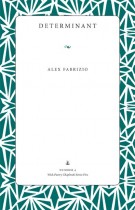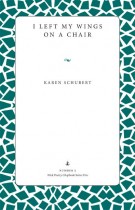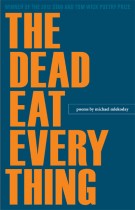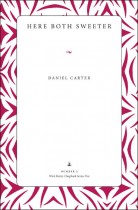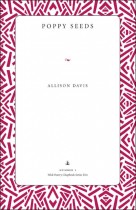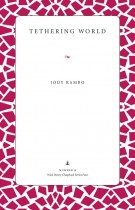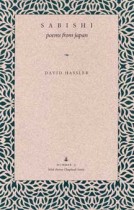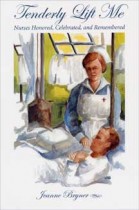The Collected Poems of C. S. Lewis
Don W. King | Filed under: Literature & Literary Criticism, Poetry, Tolkien, Lewis, and Inkling Studies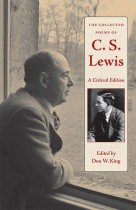
Although C. S. Lewis is best known for his prose and for his clear, lucid literary criticism, Christian apologetics, and imaginative Ransom and Narnia stories, he considered himself a poet for the first two and a half decades of his life. Owen Barfield recalls that anyone who met Lewis as a young man in the early 1920s at Oxford University quickly learned he was one “whose ruling passion was to become a great poet. At that time if you thought of Lewis you automatically thought of poetry.”

